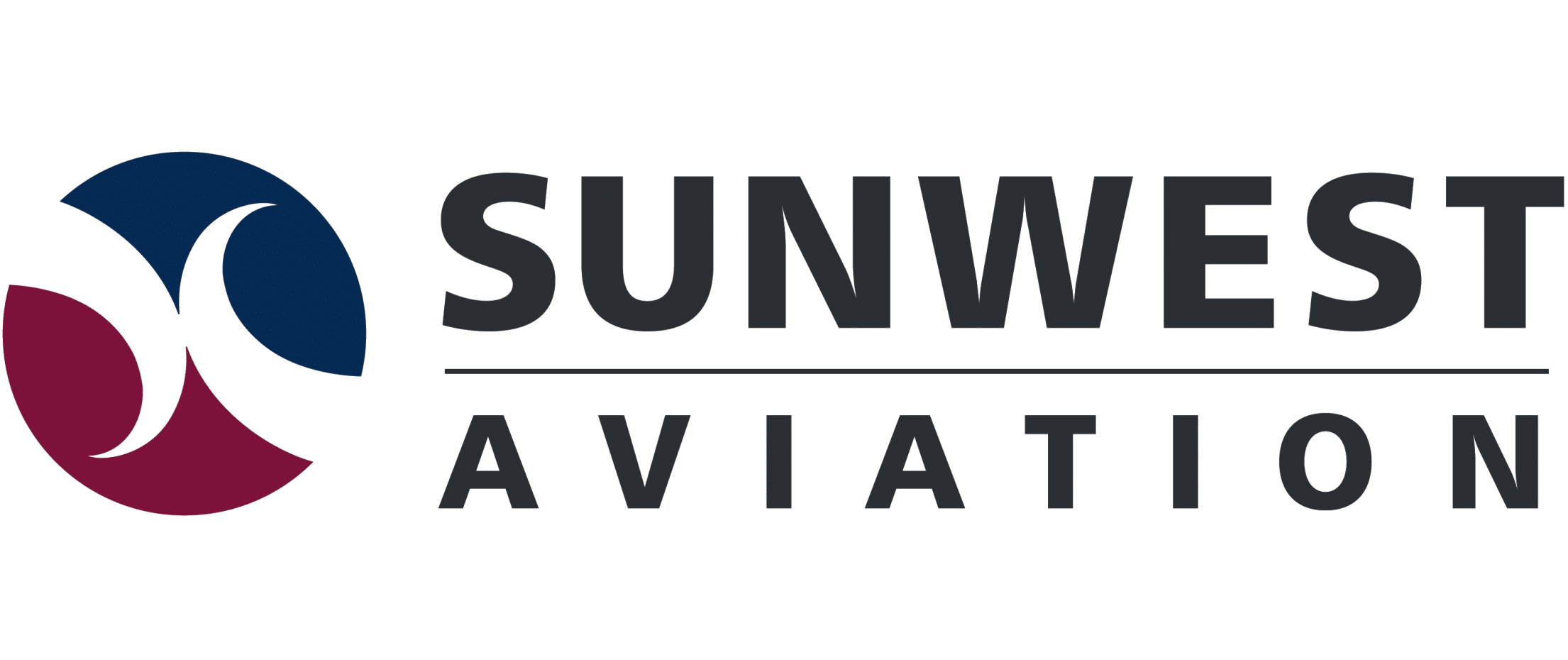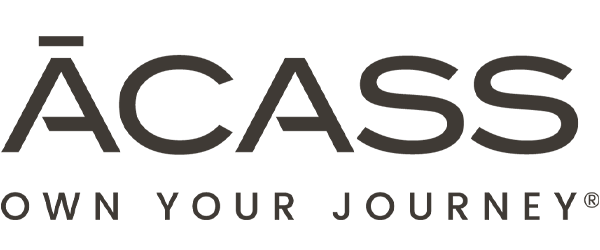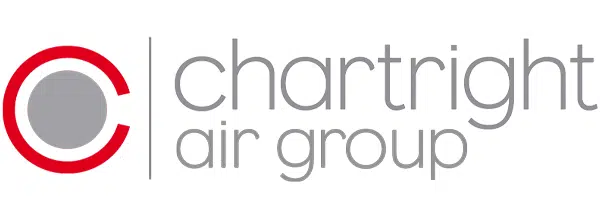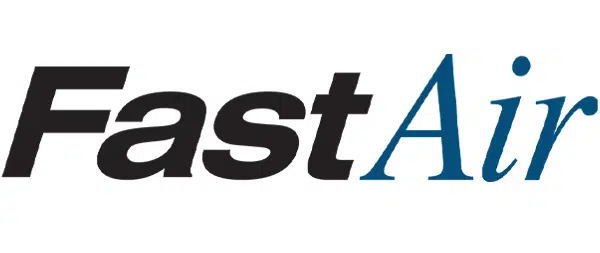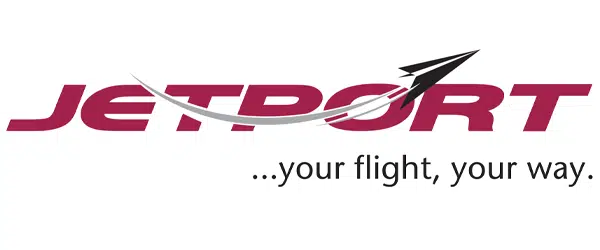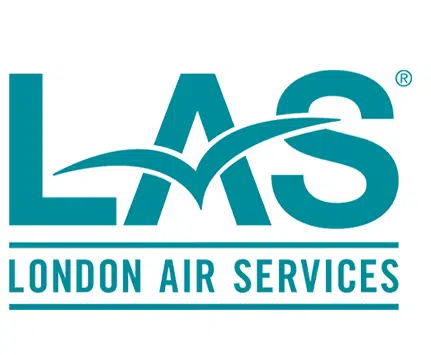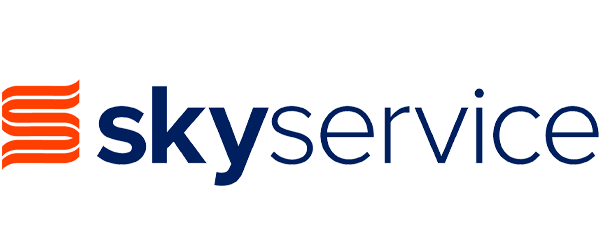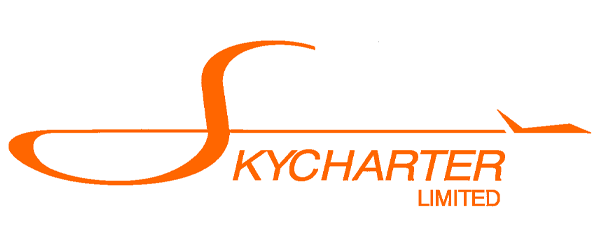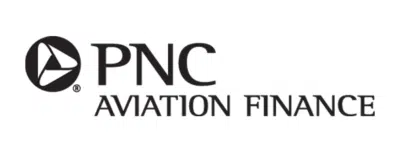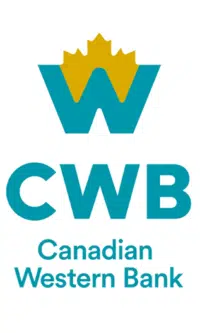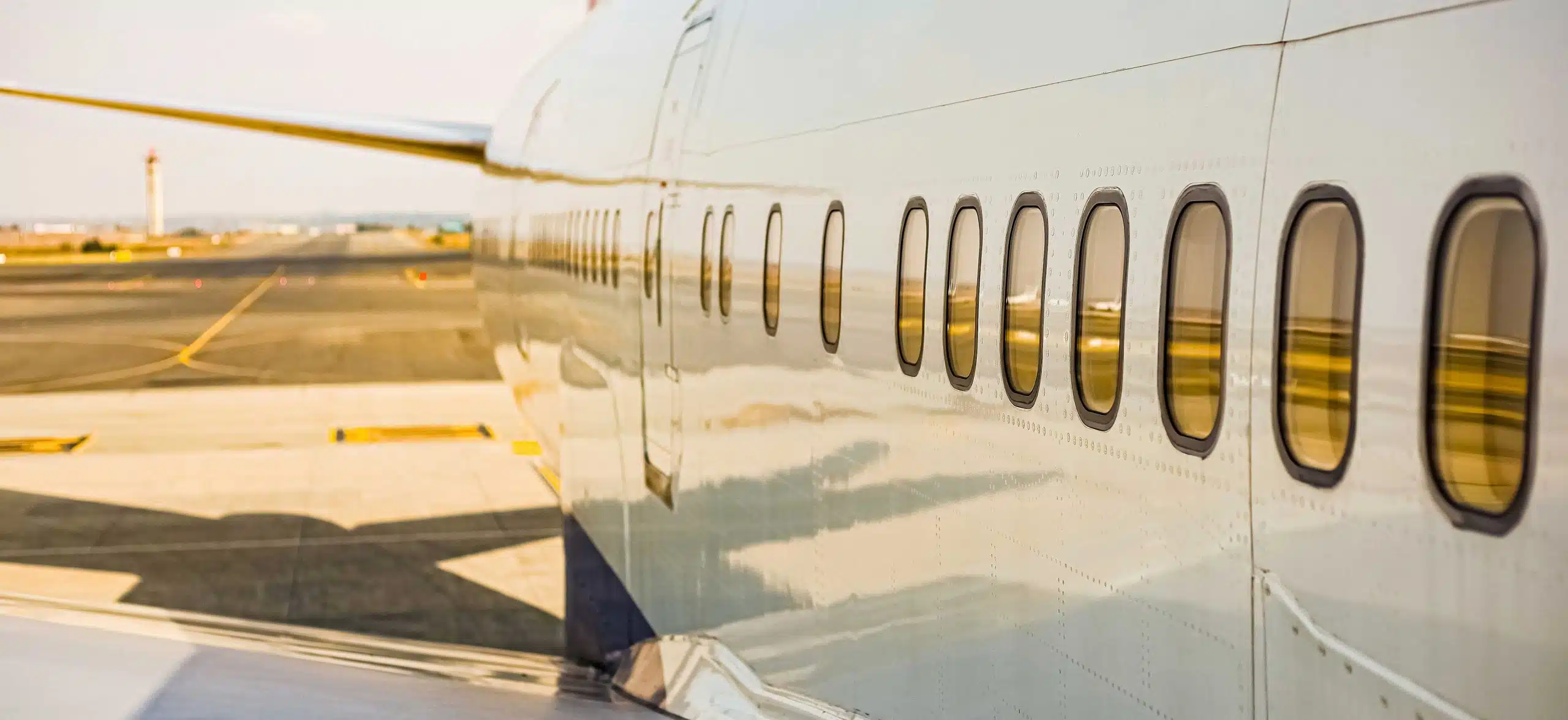
Aircraft lease agreements are complex documents that require careful negotiation to protect the interests of both the lessor and the lessee. These agreements often serve as an alternative to outright aircraft purchase, allowing companies to access necessary aircraft without the significant upfront capital investment. Whether the lease is for commercial purposes or private use, the terms must be clear and enforceable to avoid future disputes.
The foundation of any aircraft lease agreement is the term sheet, which outlines the key commercial terms of the lease. This document serves as the basis for the final lease agreement and includes details such as the lease term, rent, reserves, and return conditions. It’s crucial that the term sheet accurately reflects the commercial intent of both parties to ensure a smooth transition to the final agreement.
One of the primary considerations in an aircraft lease agreement is the rent structure. Rent payments can be structured in various ways, depending on the needs of the lessor and the lessee. For example, the rent may be fixed for the entire lease term, or it may be adjustable based on factors such as inflation or changes in interest rates. Additionally, the agreement may include provisions for reserves, which are funds set aside for the maintenance and repair of the aircraft during the lease term.
Another critical aspect of aircraft lease agreements is the return conditions. These conditions specify the state in which the aircraft must be returned to the lessor at the end of the lease term. They often include detailed requirements regarding the aircraft’s maintenance, appearance, and airworthiness. Ensuring that these conditions are reasonable and clearly defined is essential to prevent disputes when the lease ends.
In addition to these financial and operational considerations, aircraft lease agreements must address legal issues such as repossession and enforcement rights. These provisions are particularly important in the event of insolvency or delinquency by the lessee. The agreement should clearly outline the circumstances under which the lessor can repossess the aircraft and the legal steps required to do so. In many cases, the Cape Town Convention, which governs international interests in mobile assets, including aircraft, provides a framework for these rights.
YYZlaw has extensive experience negotiating aircraft lease agreements on behalf of both lessors and lessees. Our approach is to ensure that the final agreement is not only legally sound but also reflects the commercial realities of the transaction. We assist our clients with every aspect of the lease negotiation process, from reviewing term sheets to finalizing the lease agreement and ensuring that all necessary registrations and filings are completed.
In nearly all aircraft lease scenarios, it’s advisable to adhere to the rights and allowances provided under the Cape Town Convention. This international treaty, to which Canada is a signatory, provides significant protections for lessors and lenders by allowing for the registration of international interests against aircraft objects. YYZlaw is well-versed in the intricacies of the Cape Town Convention and can provide the necessary guidance to ensure that your lease agreement complies with its provisions.
Whether you are a lessor looking to lease out your aircraft or a lessee seeking to acquire the use of an aircraft without the financial burden of ownership, YYZlaw is here to provide the legal expertise you need. Our goal is to ensure that your lease agreement is structured to meet your specific needs while protecting your interests throughout the lease term.








